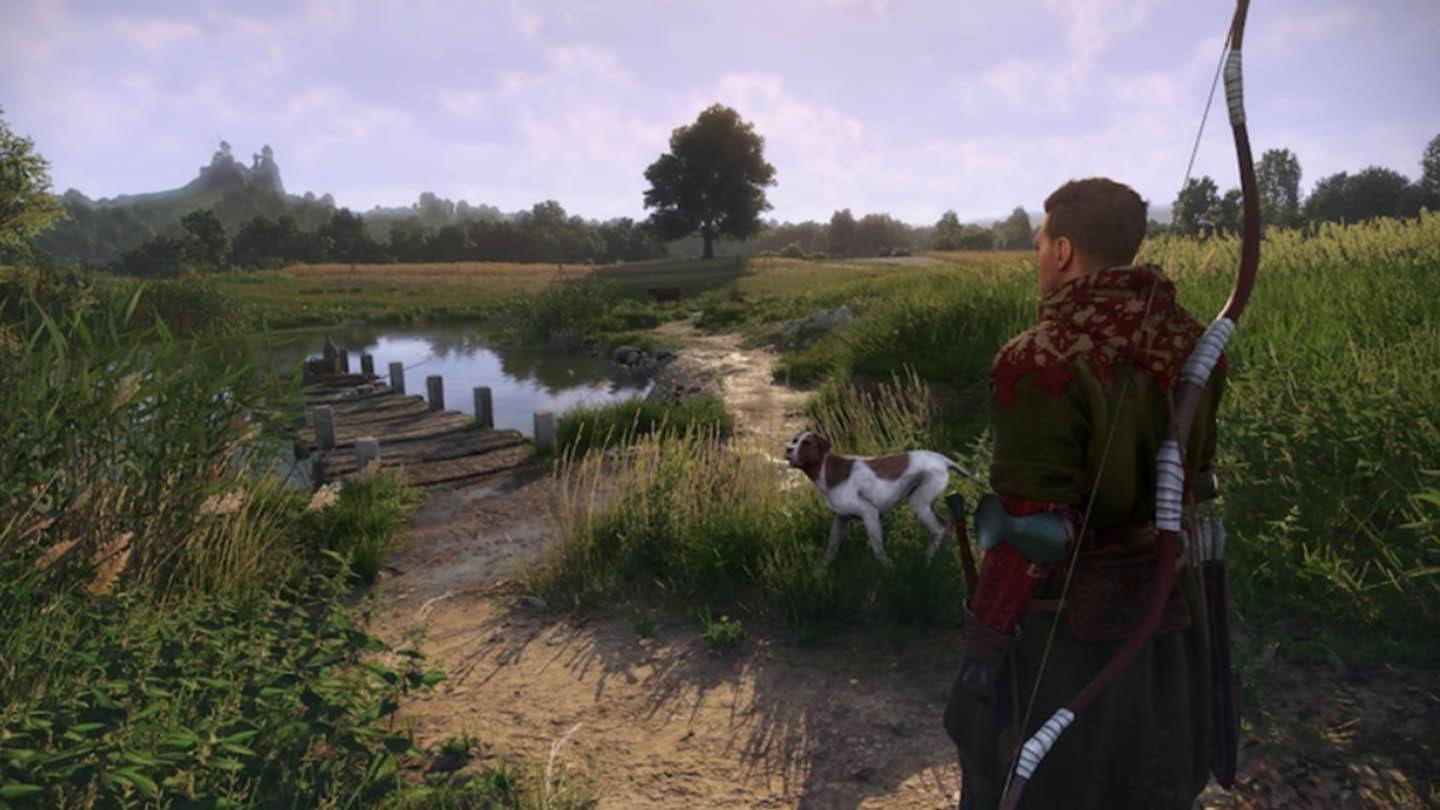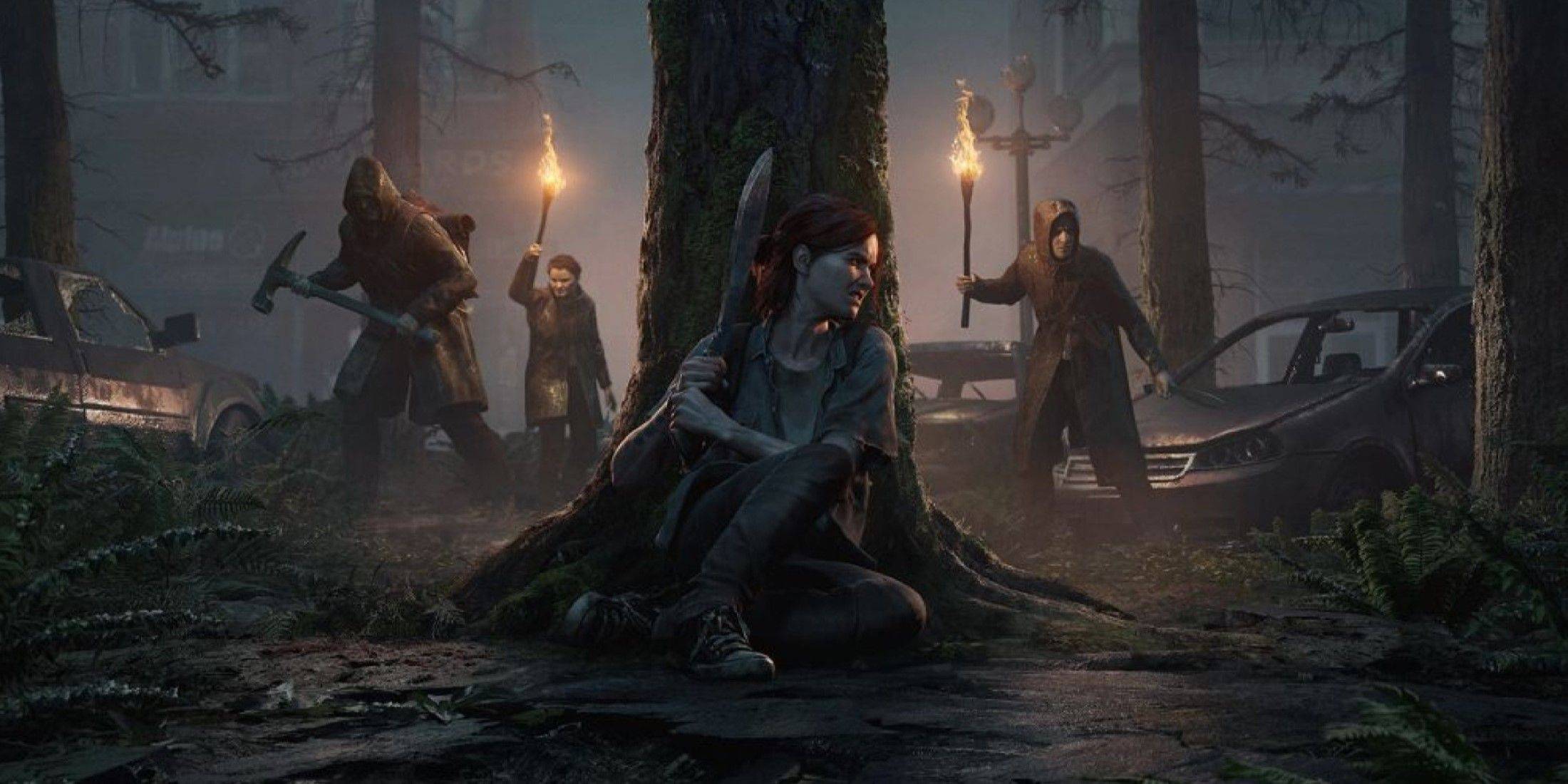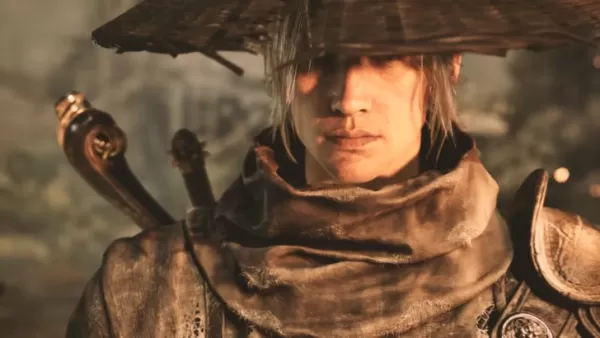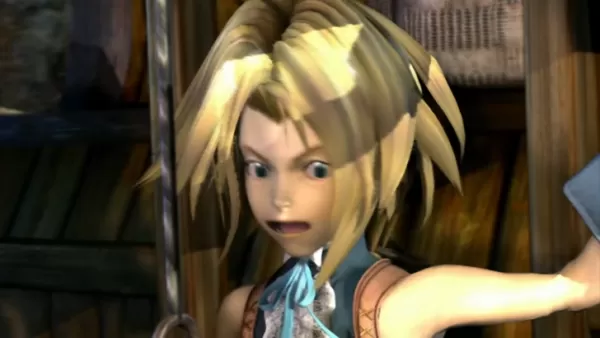Captain America: Brave New World - Top WTF Questions Answered
- By Skylar
- Apr 26,2025
Marvel Studios kicked off its 2025 slate with the release of *Captain America: Brave New World*, but if this sequel is any indication, it might be a challenging year for the MCU. Unfortunately, the film didn't meet expectations as the first movie to star Anthony Mackie's Sam Wilson as the new Captain America (see IGN's Captain America: Brave New World review for more details).
*Brave New World* often left us puzzled, grappling with unresolved questions and underdeveloped characters. The introduction of new characters like Ruth Bat-Seraph and Sidewinder raises questions about their roles and motivations. The Leader, portrayed by Tim Blake Nelson, seems less like the brilliant mastermind we anticipated. The absence of key characters like the Hulk and the Avengers is particularly glaring. Let's delve into the biggest "WTF" questions that arose after watching *Captain America: Brave New World*.
Captain America: Brave New World Gallery
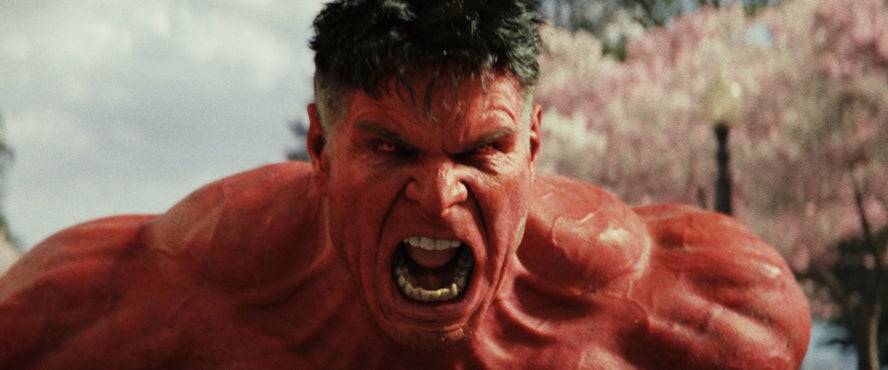
 12 Images
12 Images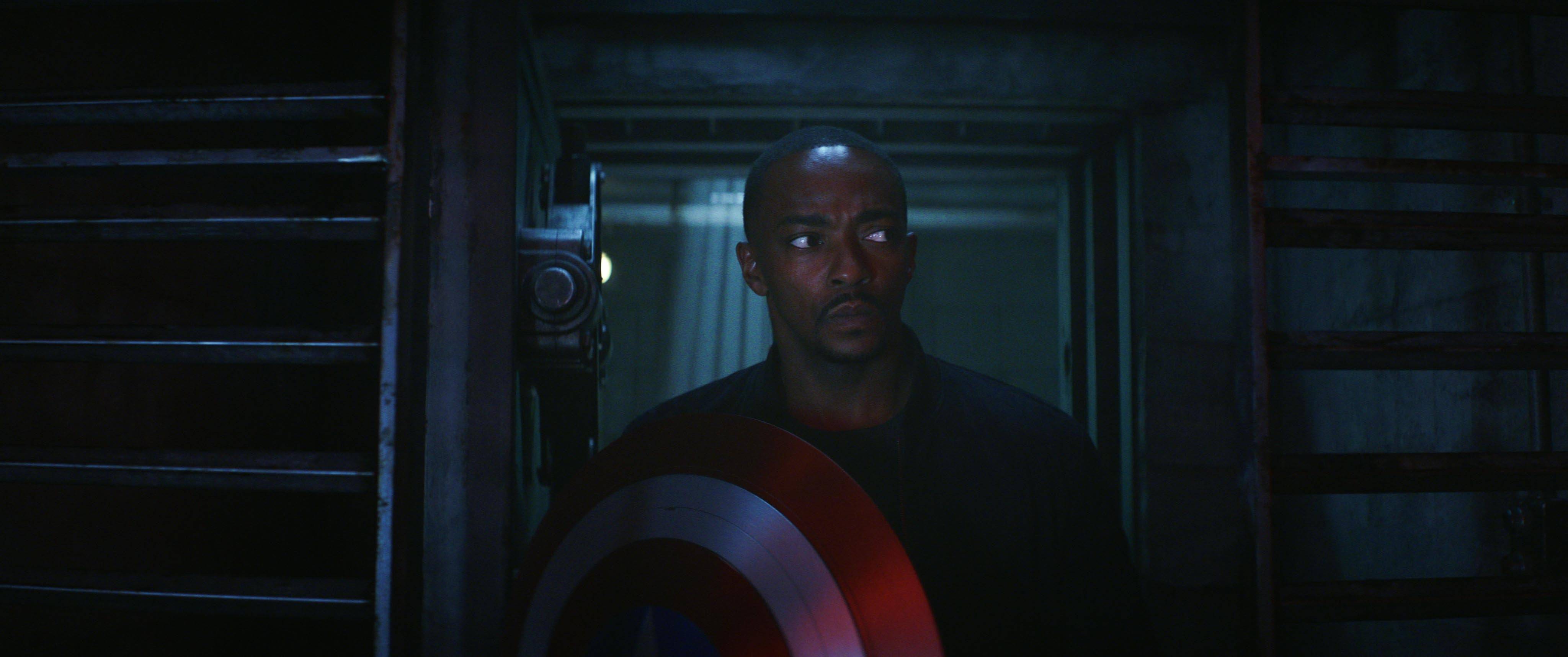

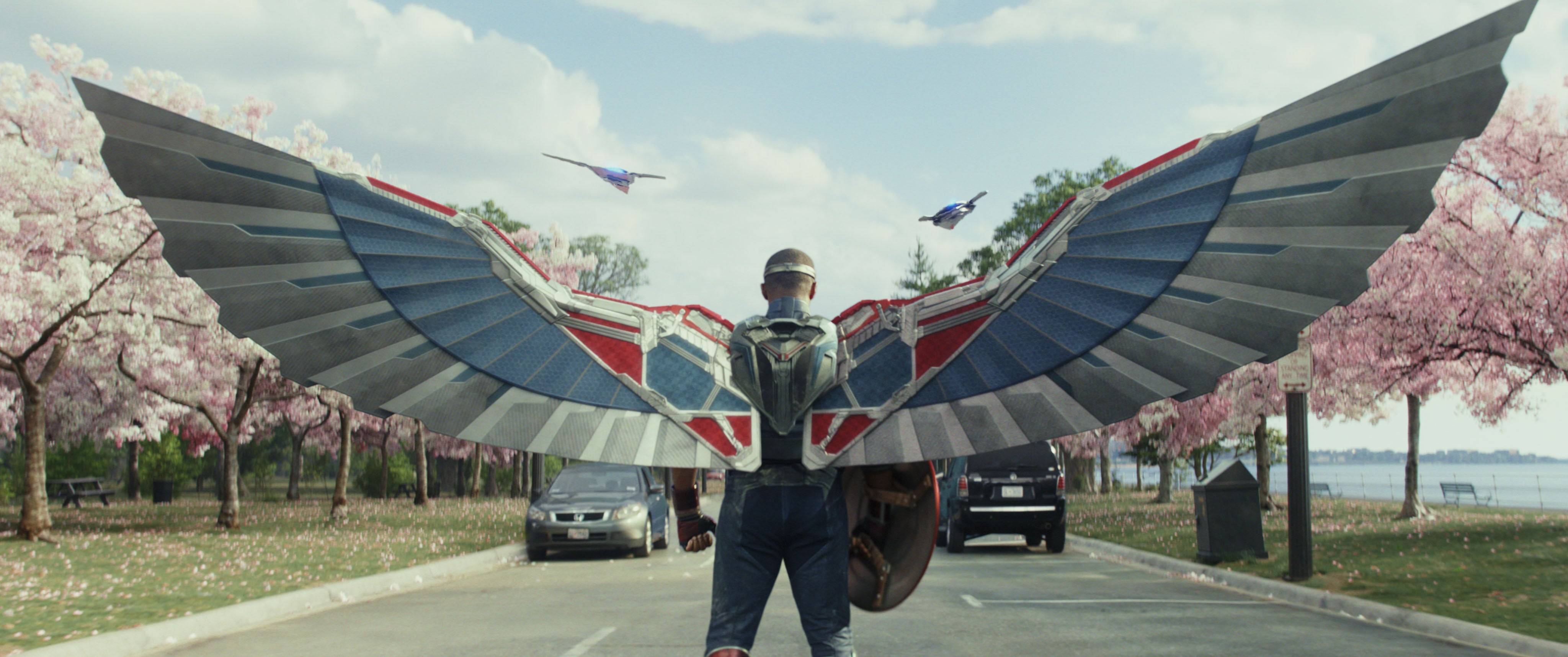
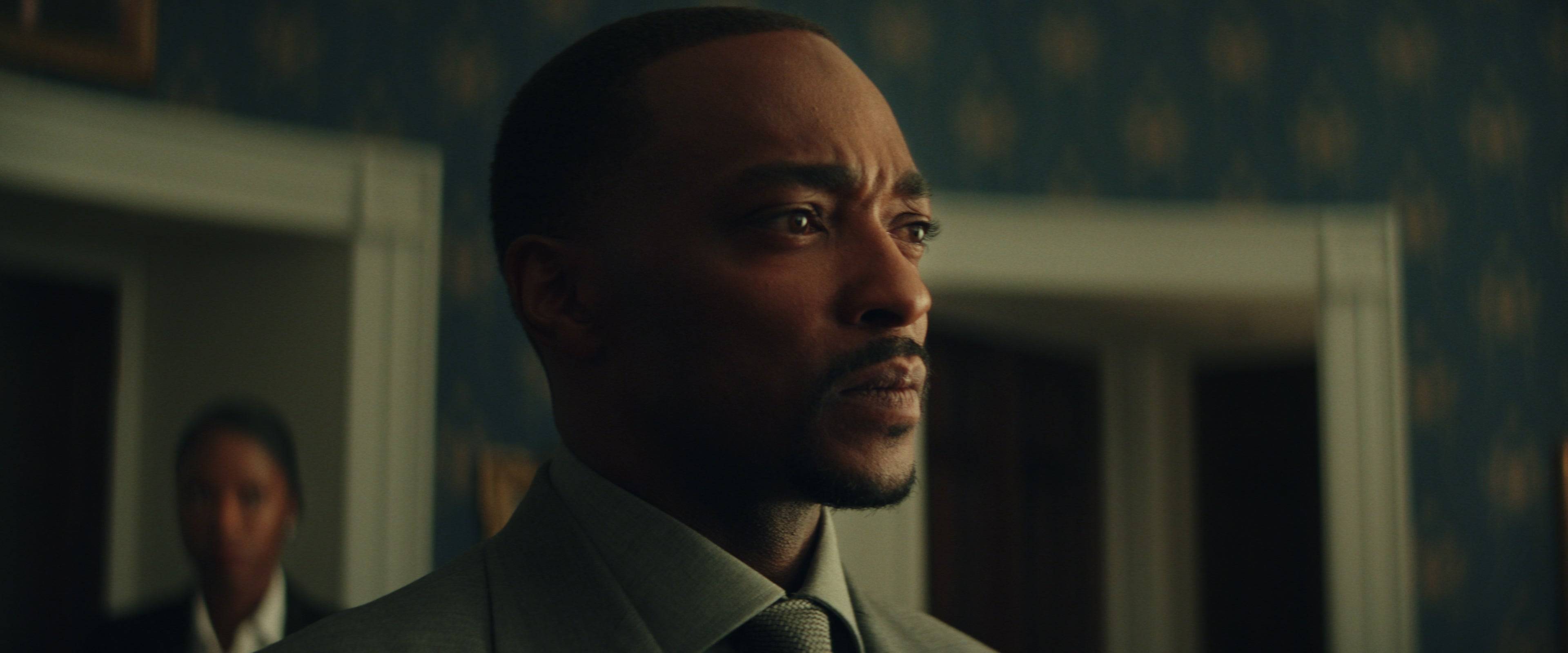 Where Was Banner This Whole Time?
Where Was Banner This Whole Time?
After 17 years, Marvel finally delivered a sequel to *The Incredible Hulk* with *Captain America: Brave New World*. The film ties up many loose ends from Hulk's first solo MCU adventure, revealing what happened to Tim Blake Nelson's Samuel Sterns after his gamma exposure, and showing Harrison Ford's Thaddeus Ross facing consequences for his past actions. It's also the first time since *The Incredible Hulk* that Liv Tyler has reprised her role as Betty Ross.
Yet, amidst these connections, one key element is missing: the Hulk himself. Why did Mark Ruffalo's Bruce Banner have no role in a story so closely tied to *The Incredible Hulk*? Bruce Banner, with his history with Thaddeus Ross and Samuel Sterns, should have had a significant reaction to Ross becoming President and Sterns' transformation. The film could have easily justified Banner's inclusion, especially given his active role in monitoring global threats as established in *Shang-Chi and the Legend of the Ten Rings* and his ongoing research and family life in the *She-Hulk* series. Marvel may eventually explain Banner's absence, perhaps with an off-world storyline involving his son Skaar, but his absence leaves a noticeable gap in the narrative. *Brave New World* emphasizes the need for the Avengers to regroup, yet only offers a brief cameo from Sebastian Stan's Bucky Barnes, leaving us wondering why Banner couldn't have played a larger role.
Why Does The Leader Think So Small?
*Brave New World* sees the return of Tim Blake Nelson's Samuel Sterns, now transformed into The Leader with a massive green head and a deep-seated grudge against President Ross. The film portrays Sterns as superhumanly intelligent, yet his actions often seem to overlook key variables like Captain America's interventions. His plan to instigate a war between the US and Japan appears shortsighted, given his supposed ability to calculate probabilities and anticipate outcomes.
Moreover, Sterns' decision to turn himself in during the climax seems counterproductive. His masterstroke against Ross involves merely playing a recorded phone call to the press, which could have been achieved without surrendering. In the comics, The Leader is a formidable supervillain with grand ambitions, yet in *Brave New World*, his motivation seems limited to humiliating Ross. This feels like a missed opportunity to portray a villain with broader, more threatening goals, especially given his knowledge of impending multiversal collapse.
Why Is Red Hulk So Much Like Green Hulk?
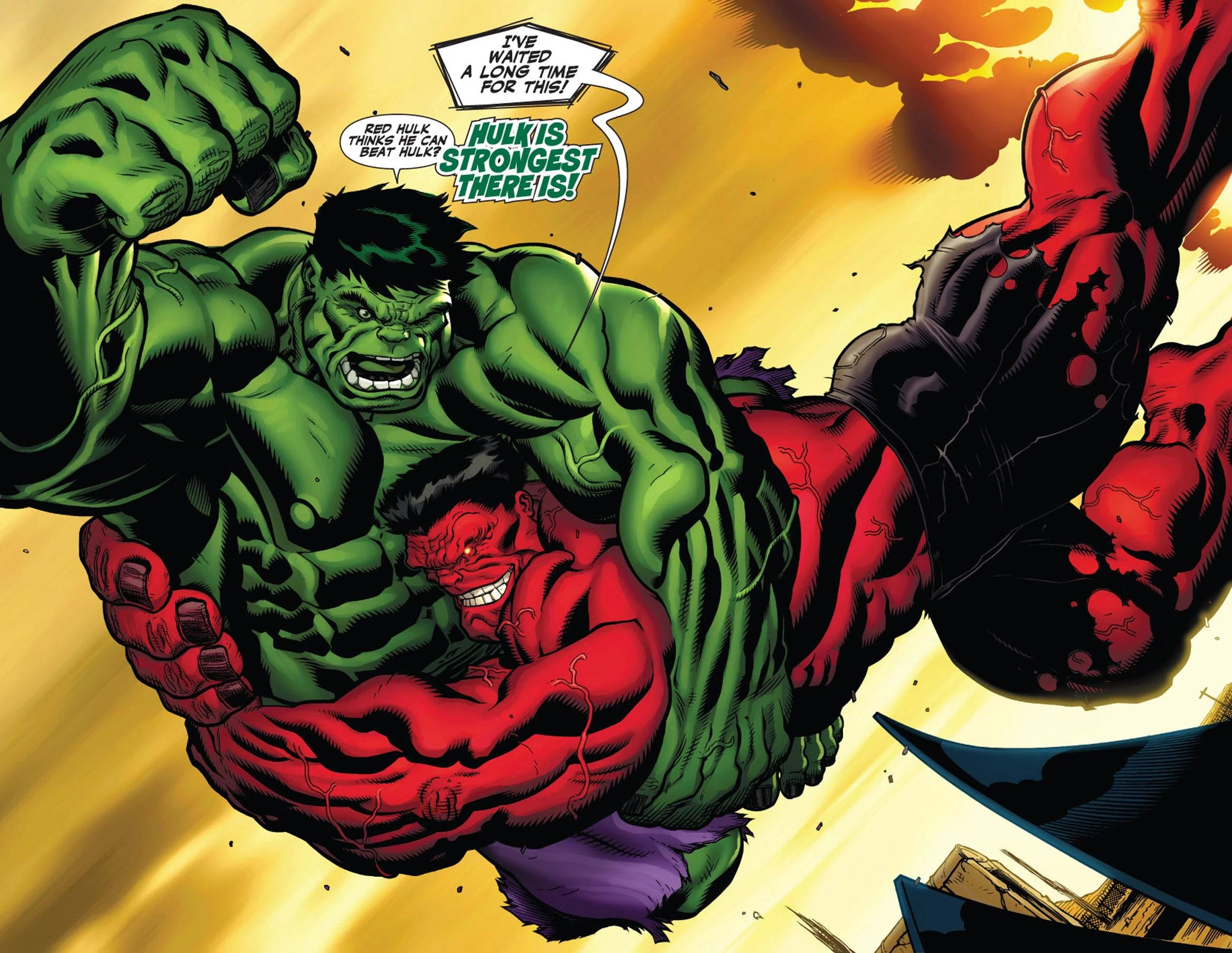
The film's climax features an epic battle between Captain America and a transformed President Ross, who becomes Red Hulk. This plot twist draws from the comics, but the MCU's Red Hulk differs significantly from the source material. In the comics, Red Hulk retains his intelligence, making him a strategic and ruthless adversary. However, in *Brave New World*, Ross's Red Hulk is as mindless and uncontrollable as the early versions of Banner's Hulk, even being pacified by thoughts of Betty Ross.
While there's irony in Ross becoming what he despised, the film's portrayal of Red Hulk feels like a missed opportunity to explore a unique Hulk variant. A more comic-accurate Red Hulk could have offered a fresh take on the character, showcasing a battle-hardened soldier with limitless strength. Hopefully, future MCU appearances of Red Hulk will delve into this unexplored territory.
Why Did Those Blades Hurt Red Hulk but Not Bullets?
Red Hulk exhibits the same powers as the Hulk, including super-strength and invulnerability, shrugging off bullets. However, Captain America's projectile blades manage to cut him. The likely explanation lies in the use of vibranium, which Sam's blades and wings are made from, allowing them to pierce Red Hulk's skin in ways traditional weapons cannot. This suggests that adamantium, known for its durability, might also affect Red Hulk similarly, setting the stage for future confrontations, such as a potential Hulk vs. Wolverine battle in the MCU.
Why Is Bucky a Politician Now?
Sebastian Stan's Bucky Barnes makes a cameo appearance in *Brave New World*, revealing his new role as an aspiring politician. This development raises questions about Bucky's sudden political ambitions, especially given his complex history as a brainwashed assassin. His past seems ill-suited for a political career, yet the film hints at his journey continuing in the upcoming *Thunderbolts* movie. While it's refreshing to see Bucky and Sam's enduring friendship acknowledged, his shift to politics feels abrupt and unexplained.
Why Does Sidewinder Want to Kill Cap So Badly?
With Frank Grillo's Crossbones gone, *Brave New World* introduces Giancarlo Esposito's Sidewinder as a new secondary villain. Sidewinder, leader of the Serpent terrorist cell, is hired by Sterns to steal adamantium, but his personal vendetta against Captain America remains unclear. He admits he would kill Sam for free, and even after capture, vows to finish the job. The film leaves us wondering about the roots of this animosity, possibly affected by significant reshoots. Esposito's hints at Sidewinder's future role in a Disney+ series suggest this plot thread may be explored further.
What Was the Point of Sabra, Exactly?
Shira Haas's Ruth Bat-Seraph, a former Red Room operative now working as President Ross's bodyguard, introduces a new dynamic to the film. Initially an obstacle for Sam, she eventually becomes an ally. However, her role feels underutilized, serving more as a minor plot device than a fully developed character. The decision to adapt the Sabra character from the comics, while significantly altering her background and powers, raises questions about why Marvel didn't create an entirely new character for this role.
What’s the Deal With Adamantium Now?
*Brave New World* introduces adamantium to the MCU, a new super-metal discovered during the race to exploit Tiamut's remains. While it serves as a plot catalyst, driving global tensions, its broader implications remain unclear. The film leaves us wondering about adamantium's future impact on the MCU, particularly its connection to the eventual debut of Wolverine. The resolution of the adamantium plot with the Ross/Ozaki Accords feels like a temporary fix, leaving room for further exploration in future projects.
Why Are We No Closer to the Avengers?
Despite the introduction of numerous new heroes in recent years, the MCU has yet to reform the Avengers. *Brave New World* touches on the idea of regrouping the team, with Ross suggesting it and Sam wrestling with the concept of leadership. However, the film stops short of actually assembling a new team, leaving the Avengers' reunion for the upcoming *Avengers: Doomsday*. The lack of a team-up in *Brave New World* feels like a missed opportunity, especially given the film's potential for a larger-scale conflict involving more heroes.
What were your biggest "WTF" moments after watching *Brave New World*? Do you think the film should have included more Avengers characters? Share your thoughts in the comments below:
Latest News
more >-

- Prime Youth Offer: A Top Deal I Miss As An Adult
- Dec 27,2025
-
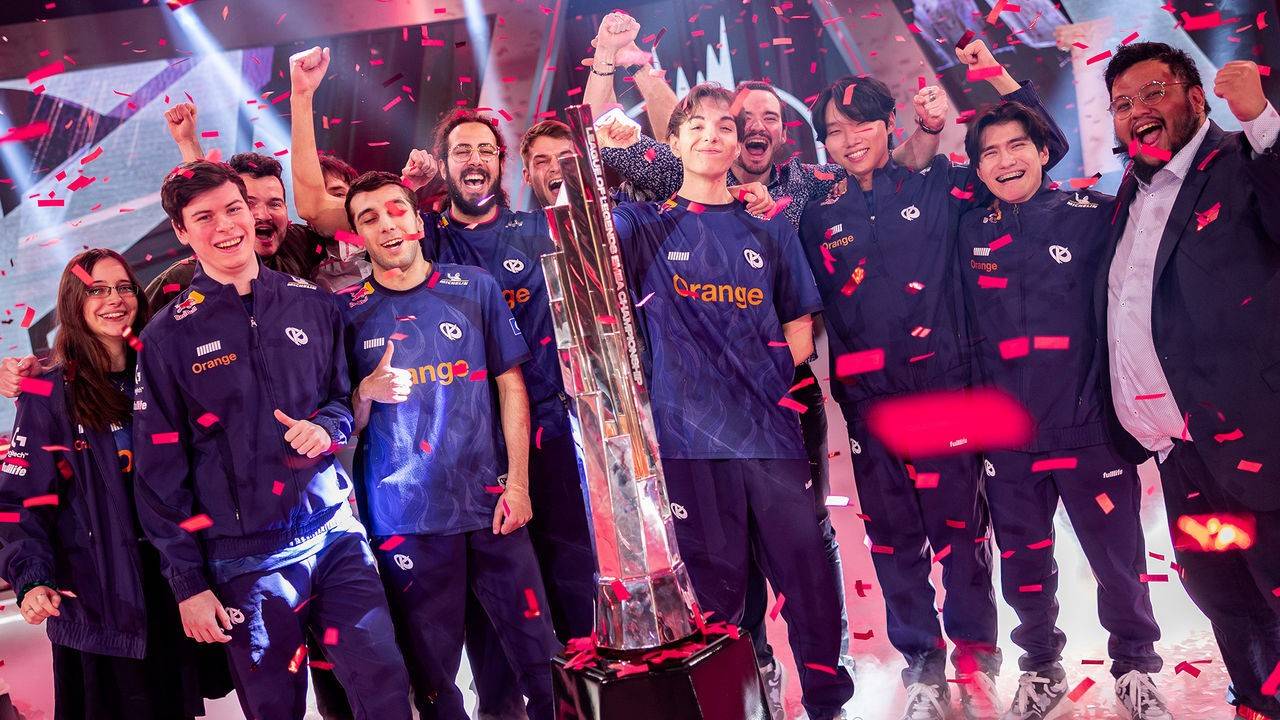
- LoL First Stand 2025: Why It Matters
- Dec 26,2025
-
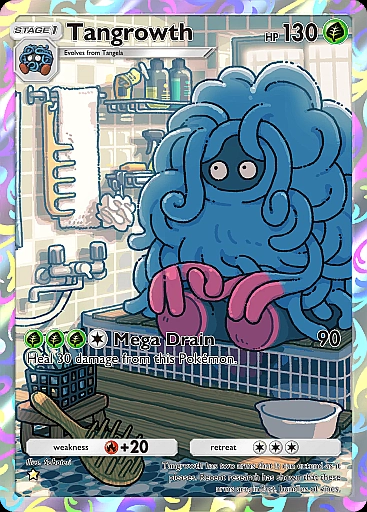
-
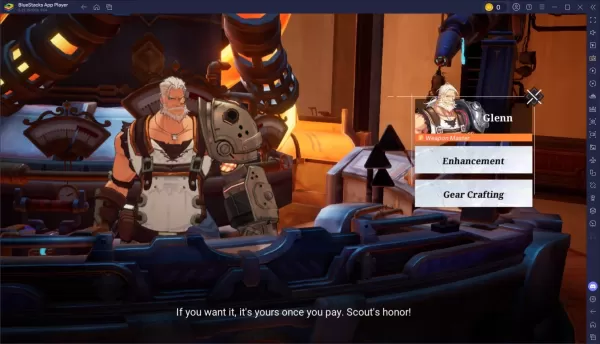
- Atlan Crystal: Boost Gear Quality Guide
- Dec 25,2025
-
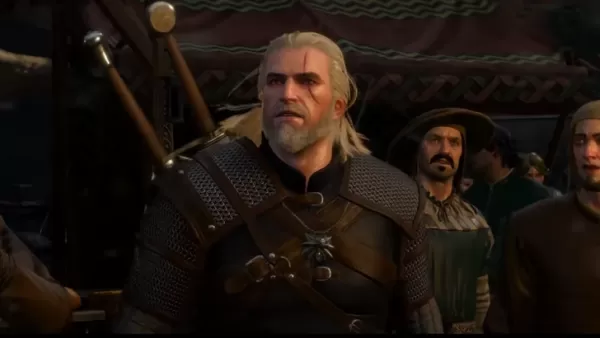
- The Witcher 3 Mod Support Patch Pushed to 2026
- Dec 25,2025
